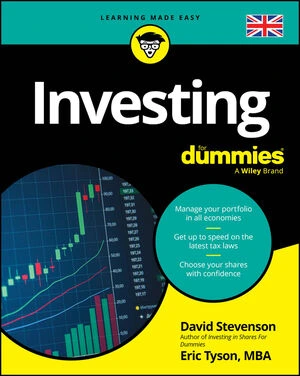The most famous stock market barometer is the Dow Jones Industrial Average (DJIA). When someone asks how the market is doing, most investors quote the DJIA (simply referred to as “the Dow”). The Dow is price weighted and tracks a basket of 30 of the largest and most influential public companies in the stock market.
The following list shows the current roster of 30 stocks tracked on the DJIA (in alphabetical order by company with their stock symbols in parentheses).
| Alcoa (AA) | Honeywell International Inc. (HON) |
| Altria (MO) | Intel (INTC) |
| American Express Co. (AXP) | International Business Machines (IBM) |
| American International Group (AIG) | Johnson & Johnson (JNJ) |
| Boeing (BA) | J.P. Morgan Chase (JPM) |
| Caterpillar (CAT) | McDonald’s (MCD) |
| Citigroup (C) | Merck (MRK) |
| Coca-Cola (KO) | Microsoft (MSFT) |
| Disney (DIS) | Minnesota Mining and Manufacturing (3M) (MMM) |
| DuPont (DD) | Pfizer (PFE) |
| Exxon Mobil (XOM) | Procter & Gamble (PG) |
| General Electric (GE) | SBC Communications (SBC) |
| General Motors (GM) | United Technologies (UTX) |
| Hewlett-Packard (HPQ) | Verizon (VZ) |
| Home Depot (HD) | Wal-Mart Stores (WMT) |
The Dow has survived as a popular gauge of stock market activity for over a century. Although it’s an important indicator of the market’s progress, the Dow does have one major drawback: It tracks only 30 companies.
Regardless of their status in the market, the companies in the Dow represent a limited sampling, so they don’t communicate the true pulse of the market. For example, when the Dow surpassed the record 10,000 and 11,000 milestones during 1999 and 2000, the majority of (nonindex) companies showed lackluster or declining stock price movement.






